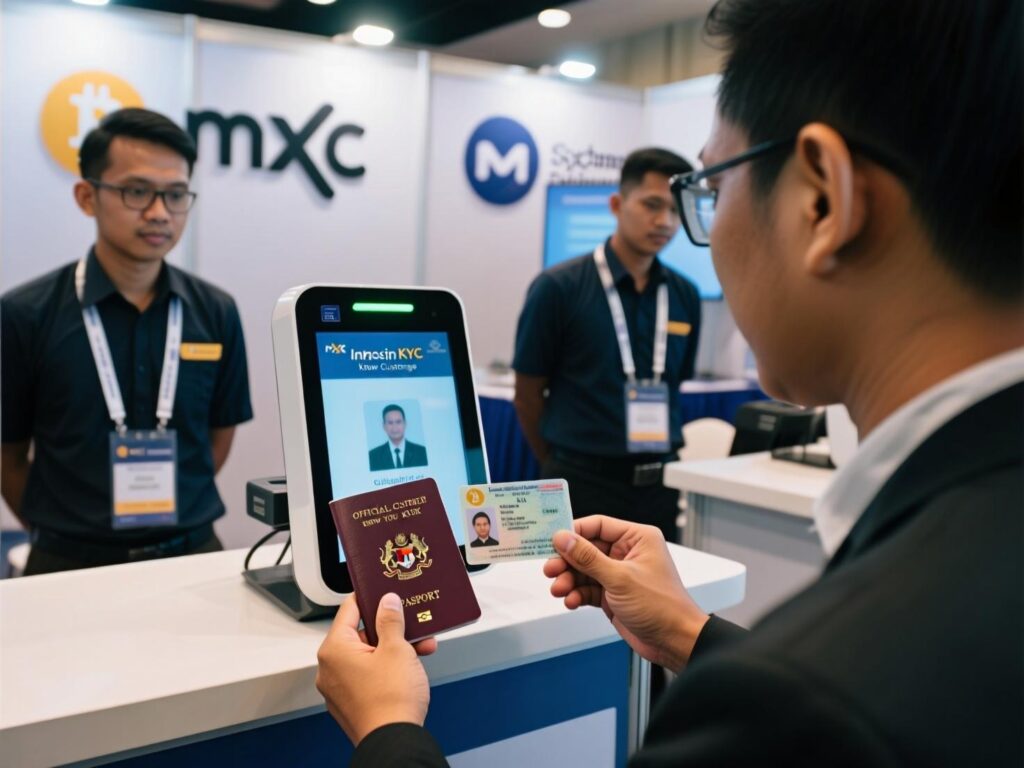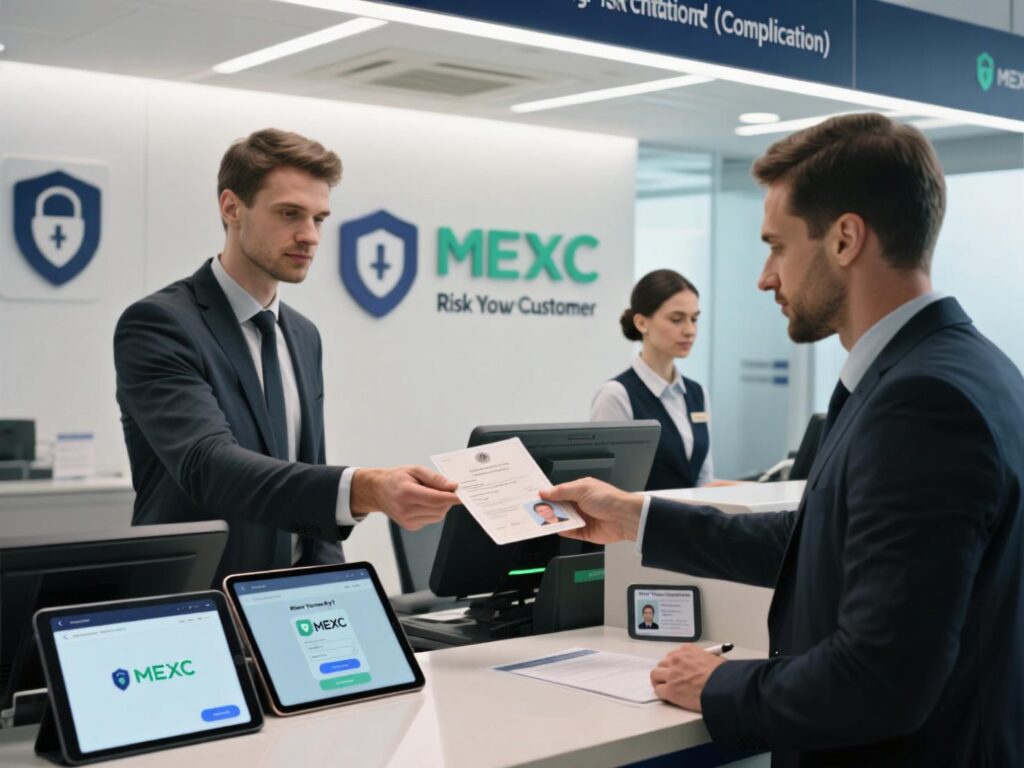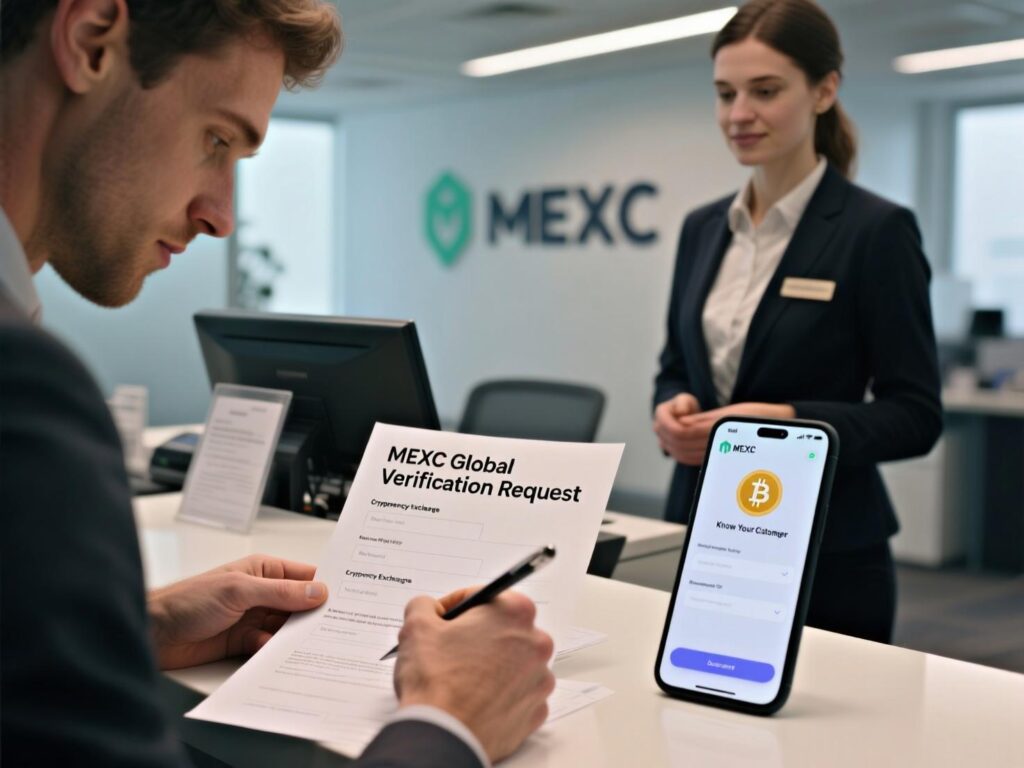Crypto trader ups MEXC ‘bounty’ to $2.5M after in-person KYC request
A growing controversy is unfolding around centralized exchange MEXC, after critics raised a self-funded bounty pool now worth $2.5 million. The campaign stems from allegations that the platform froze an account containing approximately $3.1 million, leaving the investor unable to access their funds. The situation drew further attention when claims surfaced that MEXC requested an unusual in-person KYC verification in Malaysia, a demand rarely imposed by exchanges and viewed as highly restrictive by many in the crypto community.
The incident has triggered intense debate about transparency and user protection on centralized exchanges. Supporters of the bounty argue it is a way to pressure MEXC into addressing the matter publicly and fairly. By pooling resources, critics hope to spotlight the risks of centralized control over assets and push for greater accountability in the exchange industry.
The dispute at a glance
White Whale claims MEXC placed a 12‑month restriction on an account holding $3+ million without citing clear Terms of Service violations. Over the weekend, the trader launched a $2 million social-media push, later lifting the pool to $2.5 million—earmarking $250,000 for users who join the visibility drive (via posts, tags and a free NFT mint on Base) and $250,000 for charities. The centerpiece is pressure to reverse the freeze that the trader says was complicated by an MEXC in-person KYC request.
Why an in-person KYC stands out
Know Your Customer checks at crypto exchanges are typically completed online with identity documents and proof of address. By contrast, the alleged MEXC in-person KYC request to fly to Malaysia and verify identity face-to-face has raised questions about consistency with the platform’s stated procedures. The trader argues such a step is not referenced in public rules and rejects traveling on principle, framing the issue as precedence-setting for user rights and exchange accountability.

MEXC’s position on risk controls
MEXC has said account restrictions are driven by automated and manual risk-control systems rather than profitability. According to statements attributed to a spokesperson, the 12‑month review window applies to coordinated violations, high‑risk activity or compliance-related concerns. While the exchange did not address every claim in the dispute, supporters of White Whale contend the MEXC in-person KYC request falls outside normal practice, while MEXC emphasizes the need to protect its platform and comply with regulations.
Echoes from other users
The controversy is not occurring in a vacuum. Other traders have described similar freezes and extended reviews, citing vague risk triggers and limited transparency. Whether each case shares the same fact pattern is unclear, but the debate sparked by the MEXC in-person KYC request has amplified long-running tensions between centralized risk controls and user expectations around access to funds.

What to watch next
Key variables include whether third parties (auditors, counsel or regulators) become involved, whether terms-of-service language is clarified, and whether any independent dispute-resolution path emerges. For the broader market, the MEXC in-person KYC request has revived discussion about the boundaries of off‑chain compliance, the evidentiary standards for risk flags and what constitutes reasonable verification in high‑value cases.
The stakes for exchanges and users
Centralized platforms must balance fraud prevention, sanctions screening and AML mandates against timely access for legitimate customers. Advocates say clear, published processes and independently reviewable evidence can reduce conflict. For high‑volume traders, contingency planning (e.g., diversified custody, stable onboarding options and documented KYC histories) may mitigate the fallout if reviews occur. Either way, the MEXC in-person KYC request has become a touchstone for how far exchanges can go when risk controls trigger and how users can respond.

Conclusion
With millions of dollars at stake and reputations under scrutiny, the dispute with MEXC could influence how verification processes and appeals are perceived across the industry. The case highlights growing tension between user protection and the authority centralized exchanges hold over access to funds.
Even if the frozen account is resolved quickly, the demand for an in-person KYC in Malaysia has already sparked a larger debate. Many now question whether centralized platforms can impose such strict requirements without losing user confidence, and whether investors can effectively resist these practices without turning to full self-custody.
FAQs
Q1. What is the MEXC in-person KYC request everyone is talking about?
A: It refers to the trader’s claim that MEXC asked for identity verification to be completed face-to-face in Malaysia rather than online. The MEXC in-person KYC request is central to the dispute over the frozen funds.
Q2. Is in-person KYC normal at crypto exchanges?
A: Most exchanges rely on remote checks using government IDs, liveness tests, and proof of address. In rare edge cases (e.g., large sums, complex compliance questions), extra steps can occur, but policies should be published and consistently applied.
Q3. What does a 12-month account review usually mean?
A: Extended reviews often signal that risk systems flagged unusual patterns, potential coordination, or regulatory exposure. Users typically receive limited detail while the review is ongoing and may be asked for additional documentation.
Q4. How can traders reduce the risk of prolonged freezes?
A: Maintain redundant liquidity venues and custody options, complete KYC/AML promptly, keep audit-ready records of deposits/withdrawals and trading flows, and avoid commingling funds across unrelated strategies.
Q5. What might happen next in the White Whale vs. MEXC dispute?
A: Outcomes range from early release of funds after additional checks to a protracted review or third-party mediation. The public campaign tied to the MEXC in-person KYC request aims to accelerate a resolution.

